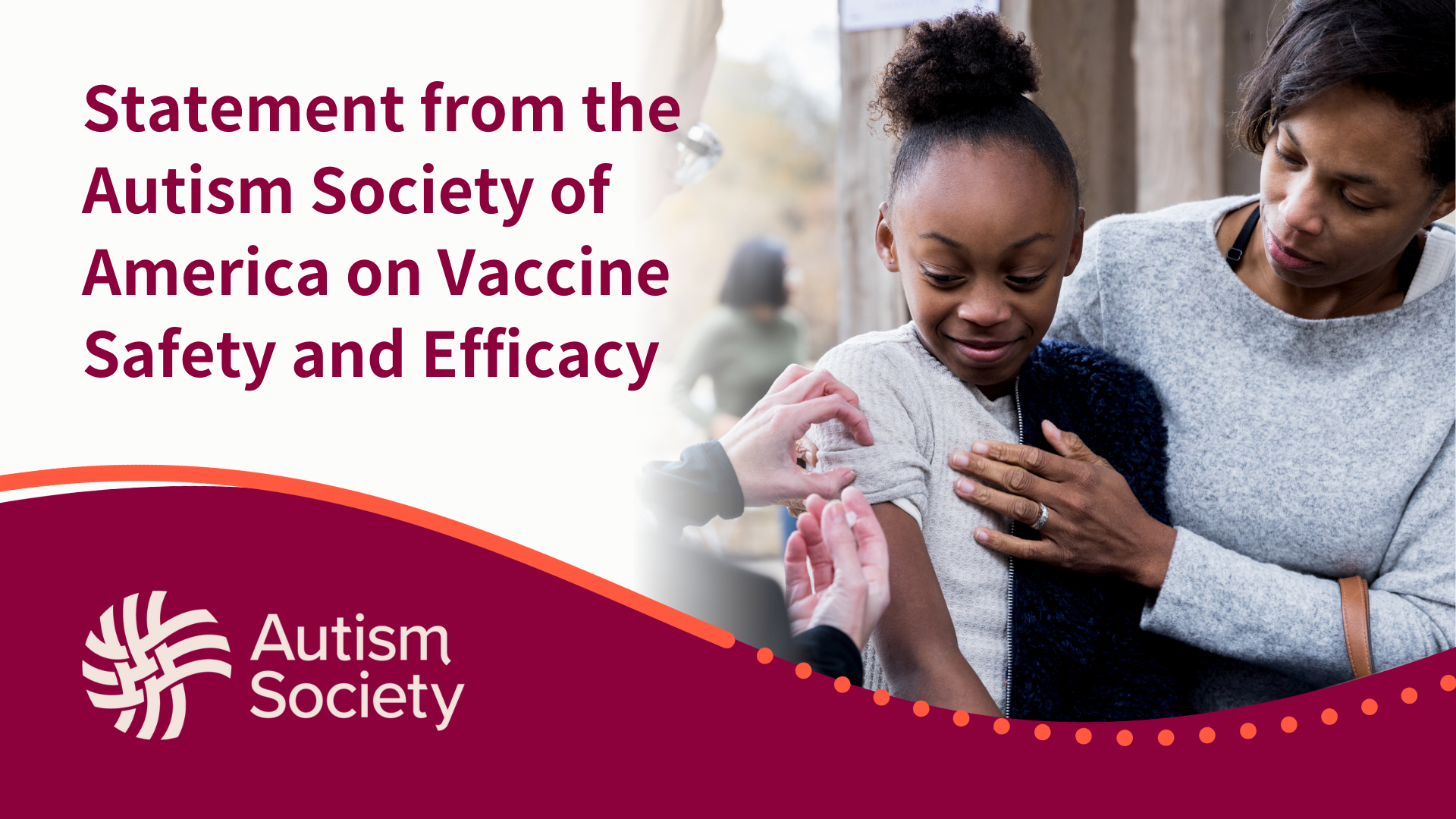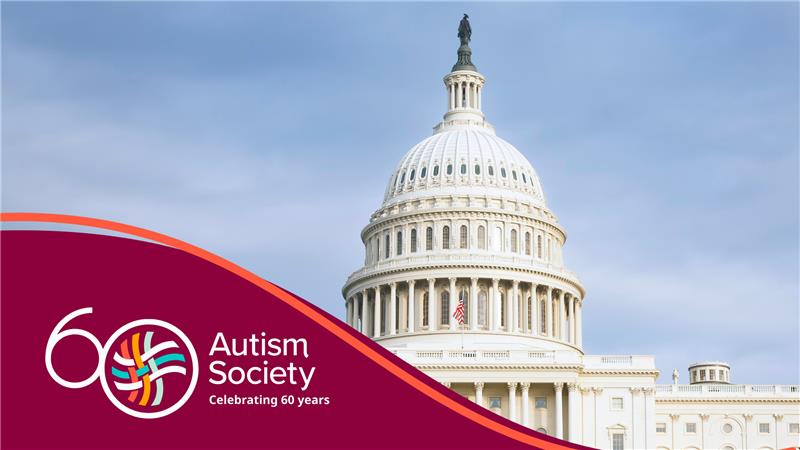
Rockville, MD, December 6, 2024 — Statement from the Autism Society of America on Vaccine Safety and Efficacy
The Autism Society of America strongly supports the use of safe and proven vaccines as a vital tool in preventing serious illnesses, disabilities, and death. Decades of rigorous, global, scientific research have repeatedly affirmed the safety and efficacy of vaccines, including their lack of connection to Autism. Considering the recent rise in vaccine-preventable diseases, including measles, pertussis, and other infectious diseases, the Autism Society is reiterating its commitment to evidence-based science and urging policymakers, healthcare providers, and the public to prioritize vaccinations to protect vulnerable populations, including individuals with Autism.
Vaccine hesitancy, often driven by misinformation, has led to an alarming decline in vaccination rates across the U.S. The CDC estimates that the percentage of children who received their recommended vaccines dropped significantly during the COVID-19 pandemic, creating a dangerous gap in immunity levels. This decline in vaccinations is directly linked to the resurgence of diseases such as measles and whooping cough, which had been nearly eradicated in the country.
“Vaccines are one of the most important public health tools available to us, and it is critical that we address vaccine hesitancy to protect our most vulnerable populations,” said Christopher S. Banks, President and CEO of the Autism Society of America.
We urge policymakers and leaders to prioritize accurate information and scientific integrity in all discussions and decisions affecting public health.
Dr. Wendy Ross, a member of the Autism Society’s Panel of Professionals said, “Vaccines save lives. The population with developmental challenges is extremely vulnerable to contagious diseases and the impact of these diseases on them can be catastrophic.”
Our vision is to create a world where everyone in the Autism community is connected to the supports they need; when they need it, and that includes ensuring public health policies are guided by evidence-based science. Vaccines protect vulnerable populations, including those with Autism, from preventable diseases, safeguarding their health and well-being.
Share:




